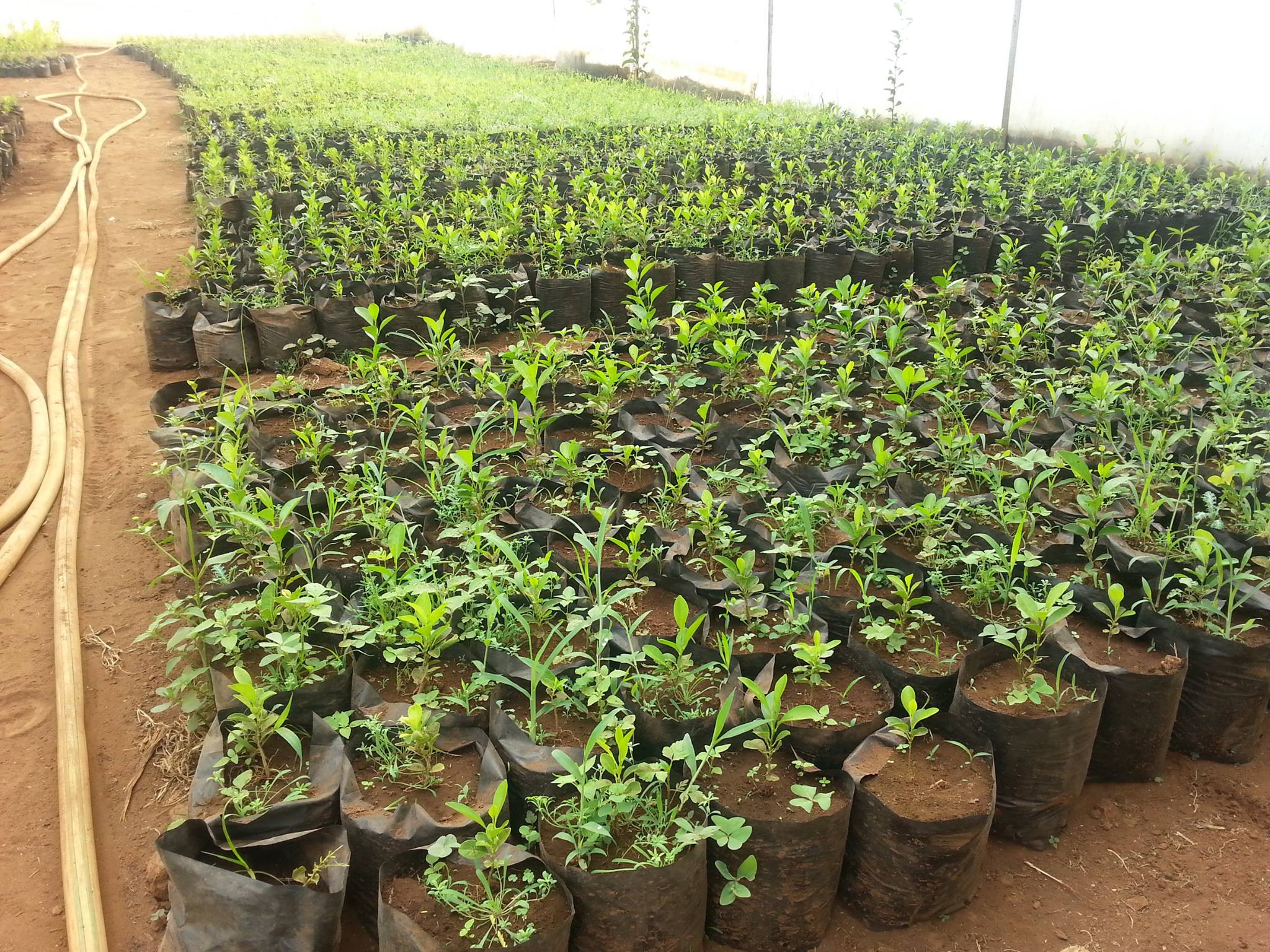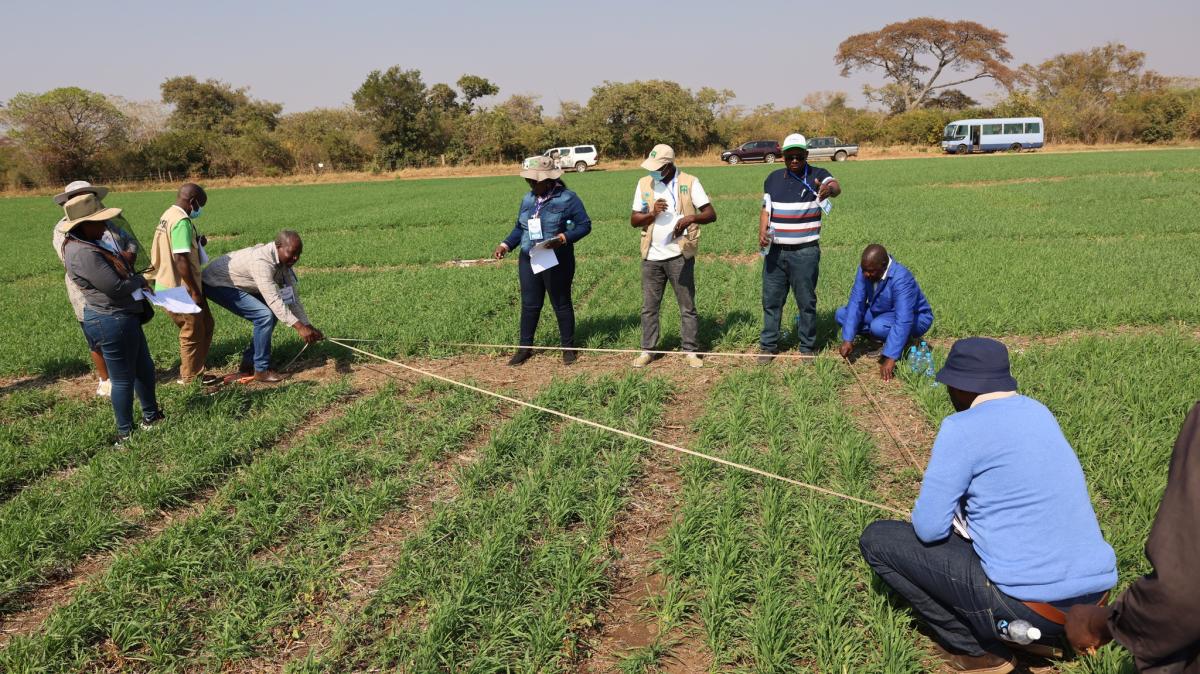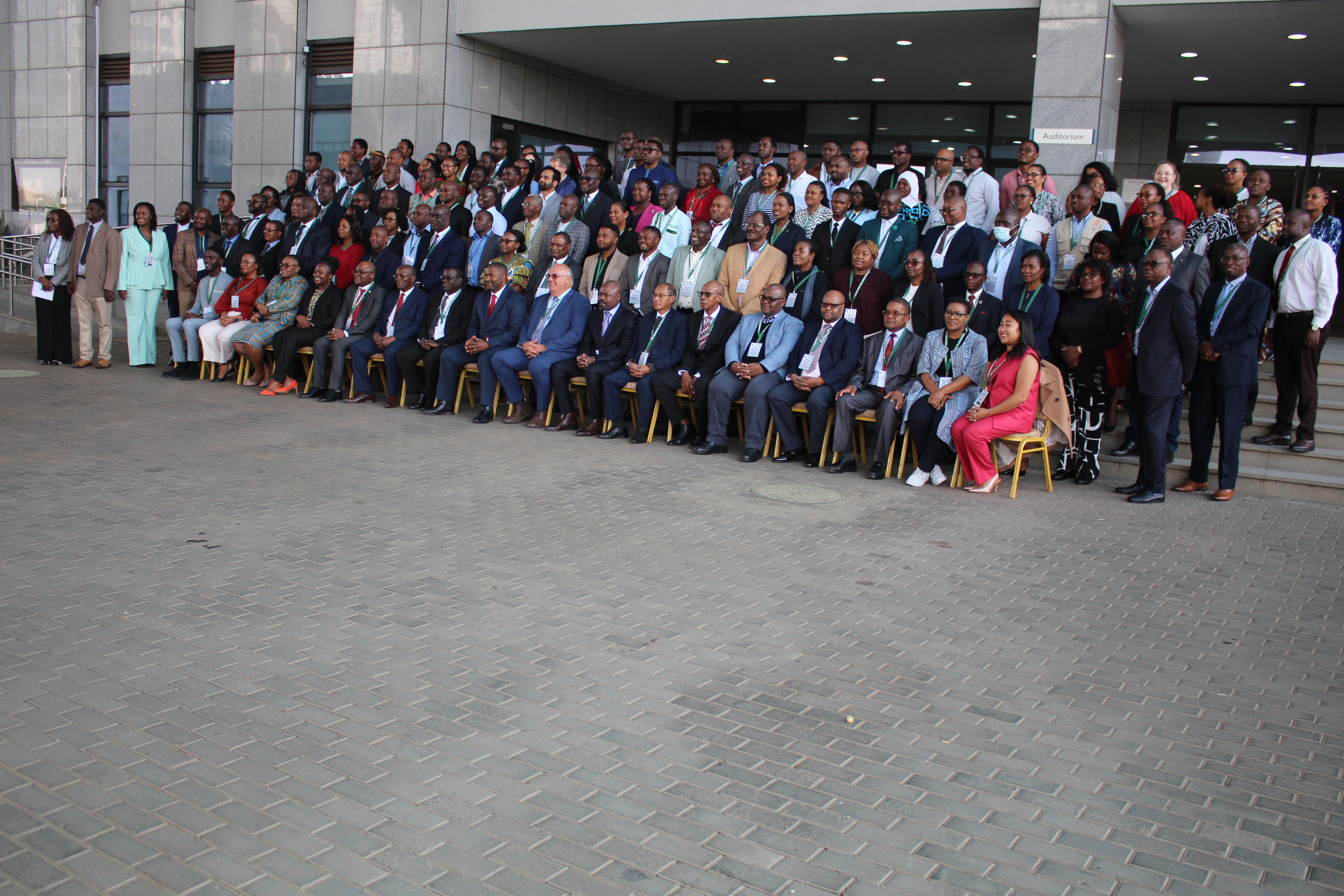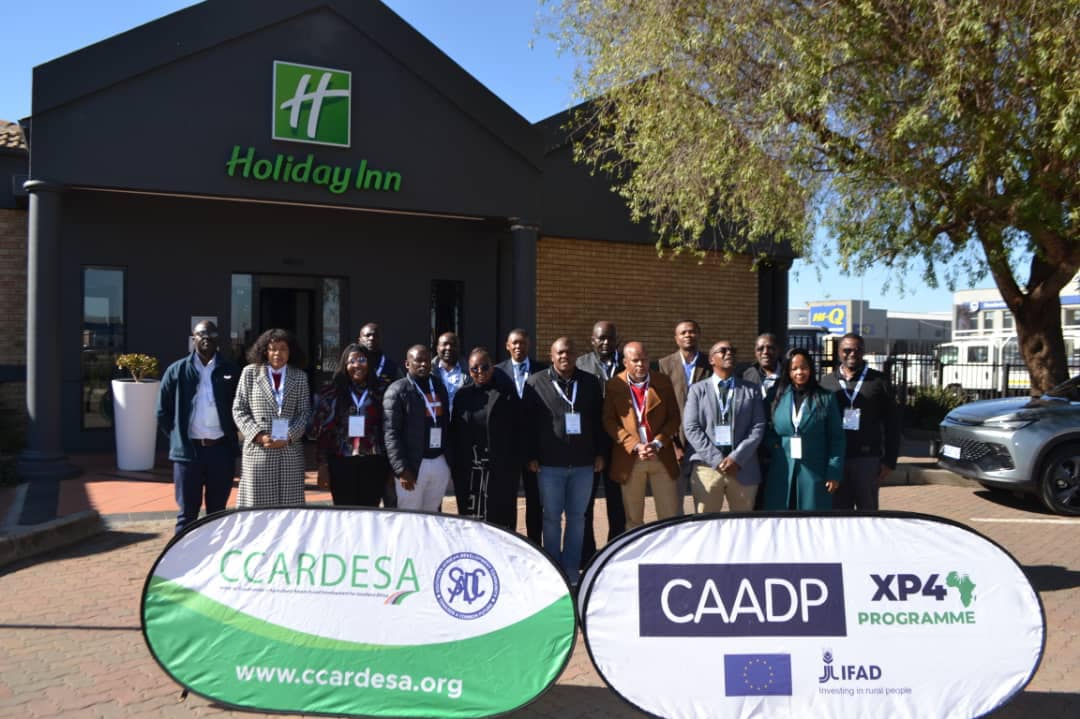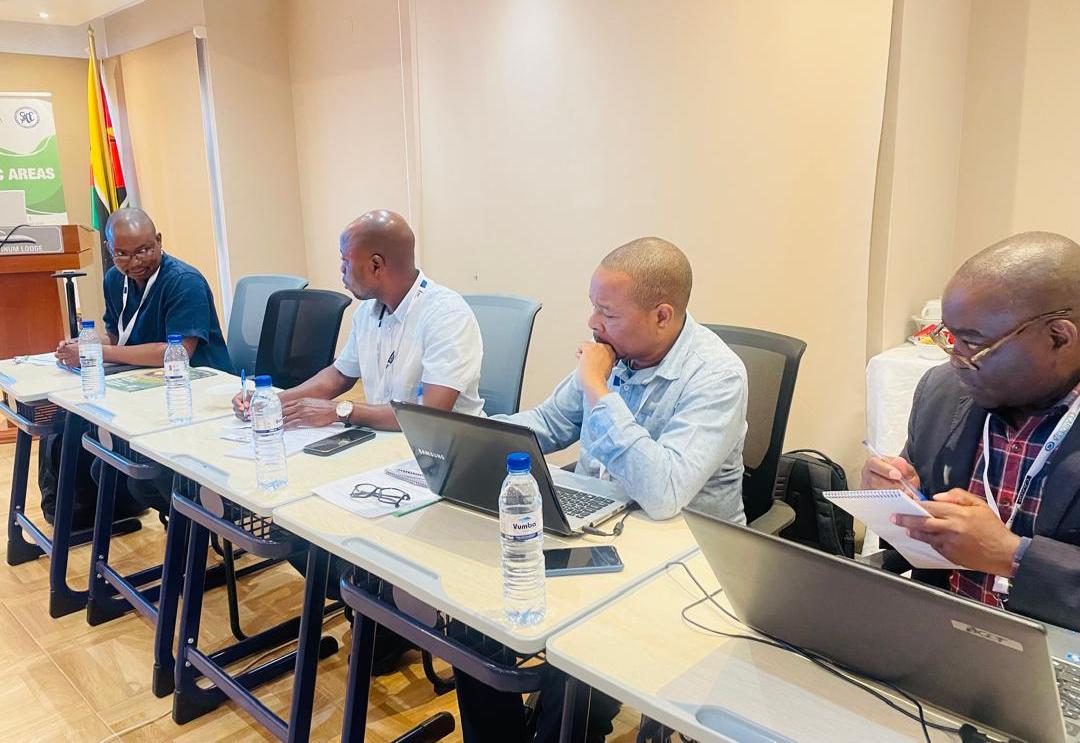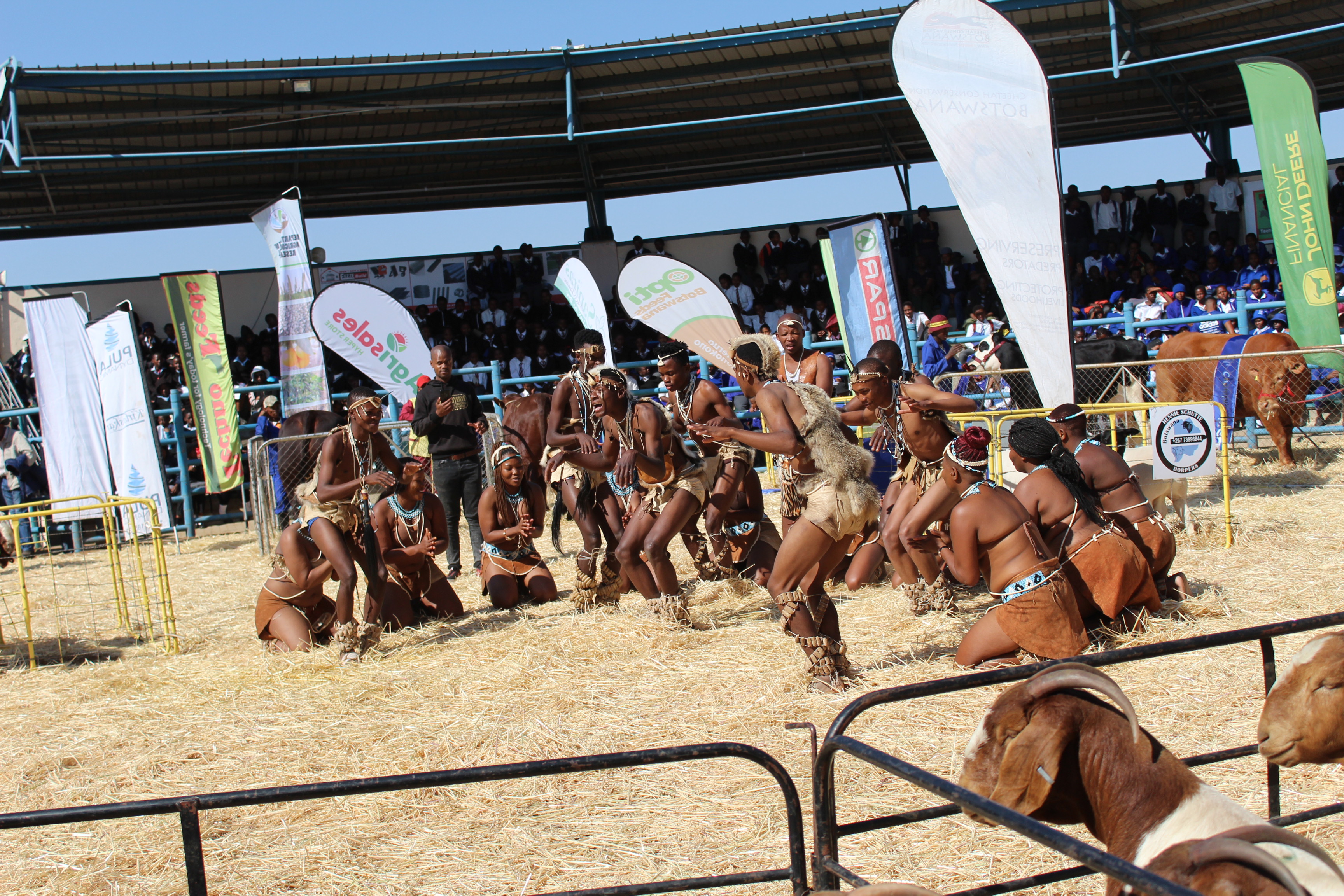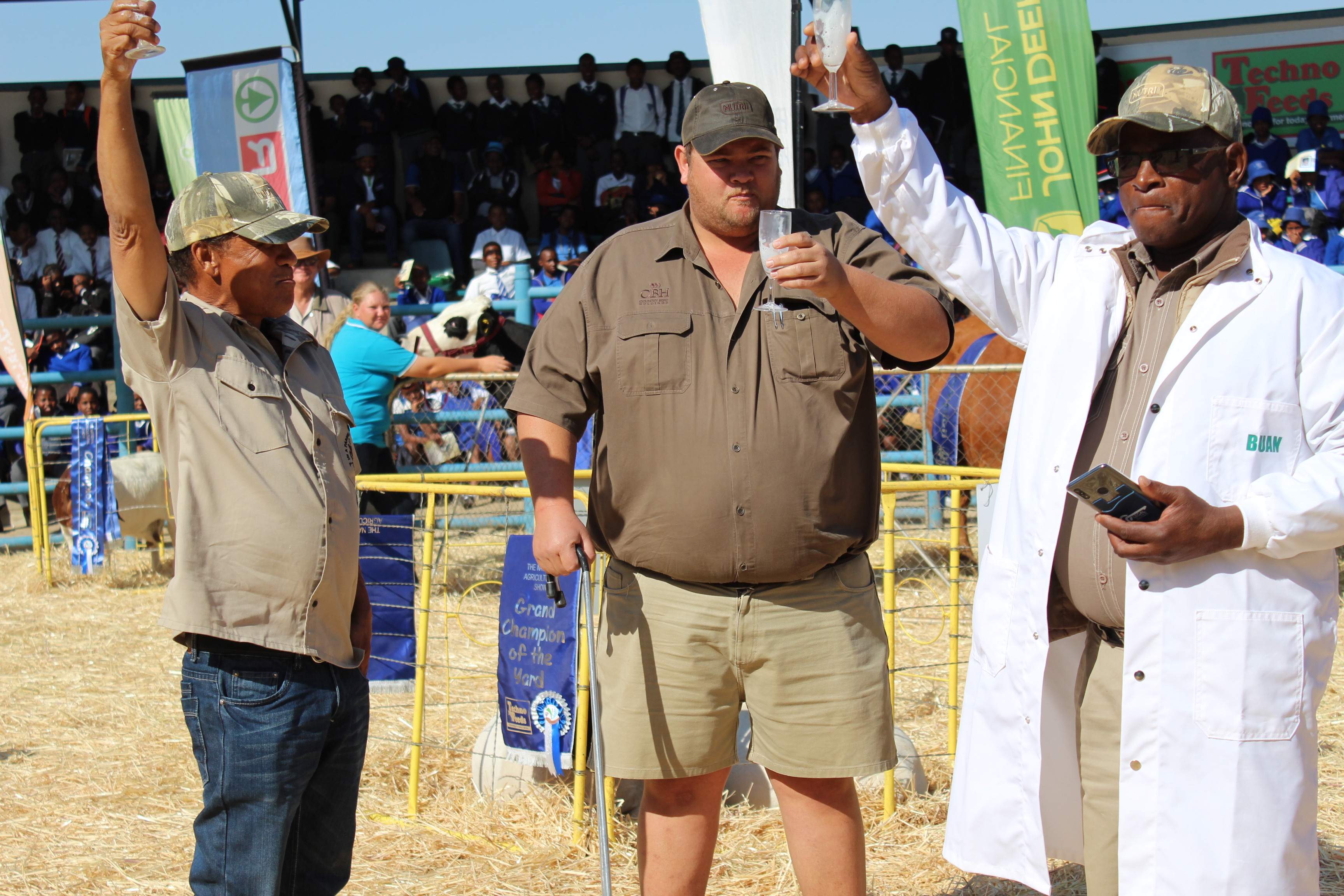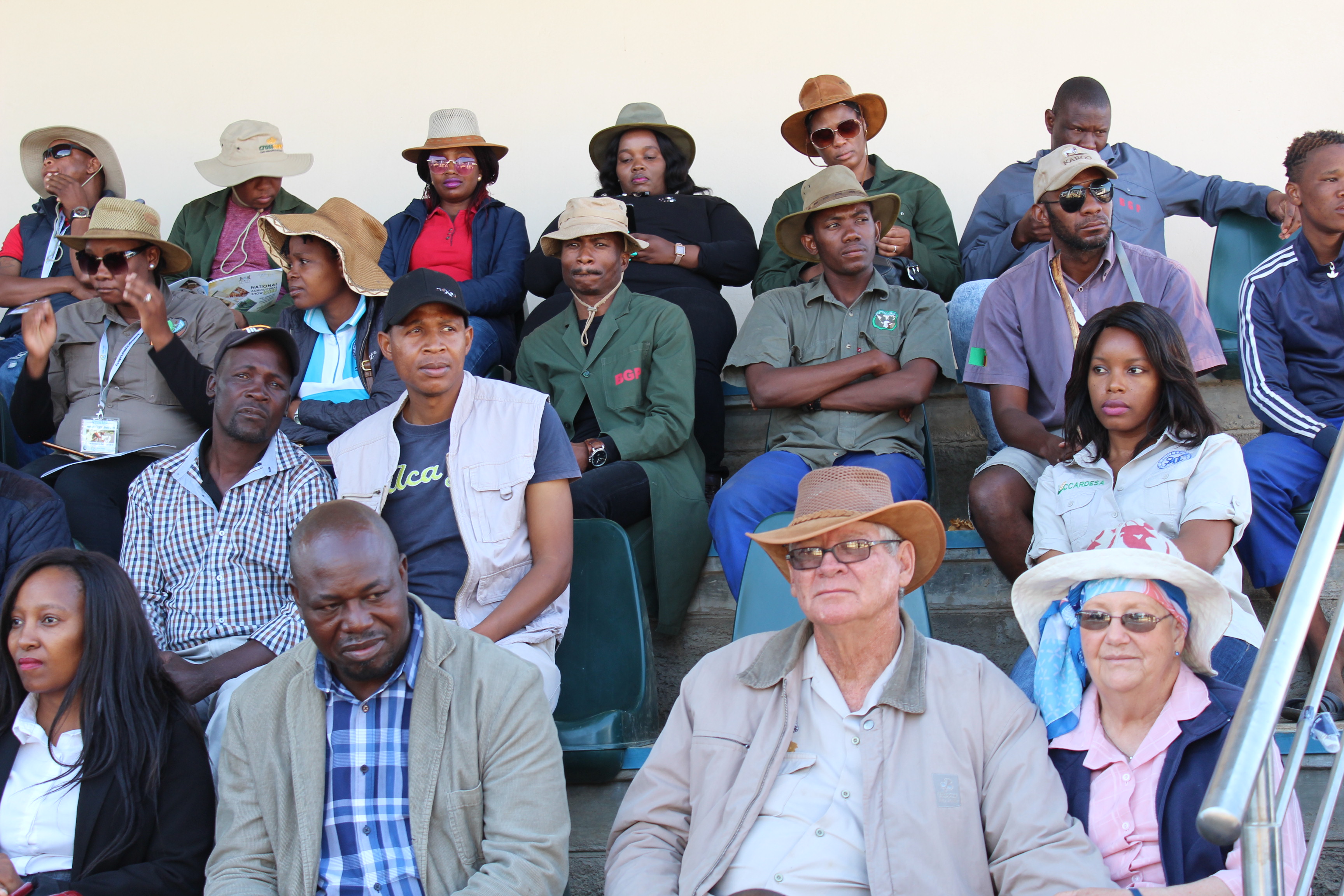Approaches to Reinforce Crop Productivity under Water-Limited Conditions in Sub-Humid Environments in Sub-Saharan Africa
Smallholder farming in much of Sub-Saharan Africa is rain-fed and thus exposed to rainfall variability. Among the climate variables, rainfall is projected to decline and have an overriding effect on crop productivity. With little opportunity for supplementary irrigation for the majority of farmers, a plausible strategy to maintain crop production under water-limited conditions includes balanced nutrient management for enhancing efficiency of use of limited soil water. Co-application of judicious rates of organic and mineral nutrient resources, particularly including the use of phosphorus (P) on P-limited soils, will facilitate development of an extensive crop rooting system for efficient exploration and capture of soil water, especially at a depth > 0.8 m. This chapter explores case studies across Eastern and Southern Africa where various soil water conservation and nutrient management approaches have been used to gain ‘extra miles’ with limited available soil water. Firstly, an approach is described that varies nitrogen (N) fertilizer application across growing seasons, by adjusting N application rates to match current season rainfall trends. The approach offers opportunities for farmers to increase crop productivity to > 6 t ha-1 in high agro-potential areas, compared to a ceiling of 4.5 t ha-1 for the fixed fertilization model, while minimizing economic losses due to investments in N fertilizer during drought years. Secondly, we deal with the subject of fertilization across nutrient gradients, where a poor agronomic N use efficiency of < 18 kg grain kg-1 of applied N is demonstrated for soils with < 0.4% organic carbon, compared with > 35 kg grain kg-1 of N applied when soil organic carbon > 0.5%. Thirdly, the conservation agriculture (CA)-nutrient management nexus is examined, where maize yields in farmers’ fields with CA alone were barely 0.5 t ha-1 compared to an average of 2.5 t ha-1 for CA combined with fertilizers. Fourthly, a novel system that involves intercropping two legumes with contrasting phenology for enhanced cropping system functioning is described. Finally, an approach that can be used for co-learning with farmers on soil fertility management principles for risk management is presented. The data lead to the conclusion that the ‘doubled-up’ legumes system results in reduced fertilizer requirements for cereal crops grown in sequence, which benefits yield stability over time. Variable use of N fertilizer according to season quality and more tailored targeting of nutrients are vital for profitable investments in fertilizers in Africa. The Africa RISING project in Eastern and Southern Africa is currently harnessing some of these principles as vehicles for intensification of smallholder farming systems.
Chikowo, R & Zingore, Shamie & Nyamangara, Justice & Bekunda, Mateete & Messina, Joseph & Snapp, Sieglinde. (2015). Approaches to reinforce crop productivity under water-limited conditions in sub-humid environments in Africa. In Sustainable Intensification to advance Food Security and Enhance Climate Resilience in Africa. 239-253. 10.1007/978-3-319-09360-4_12


